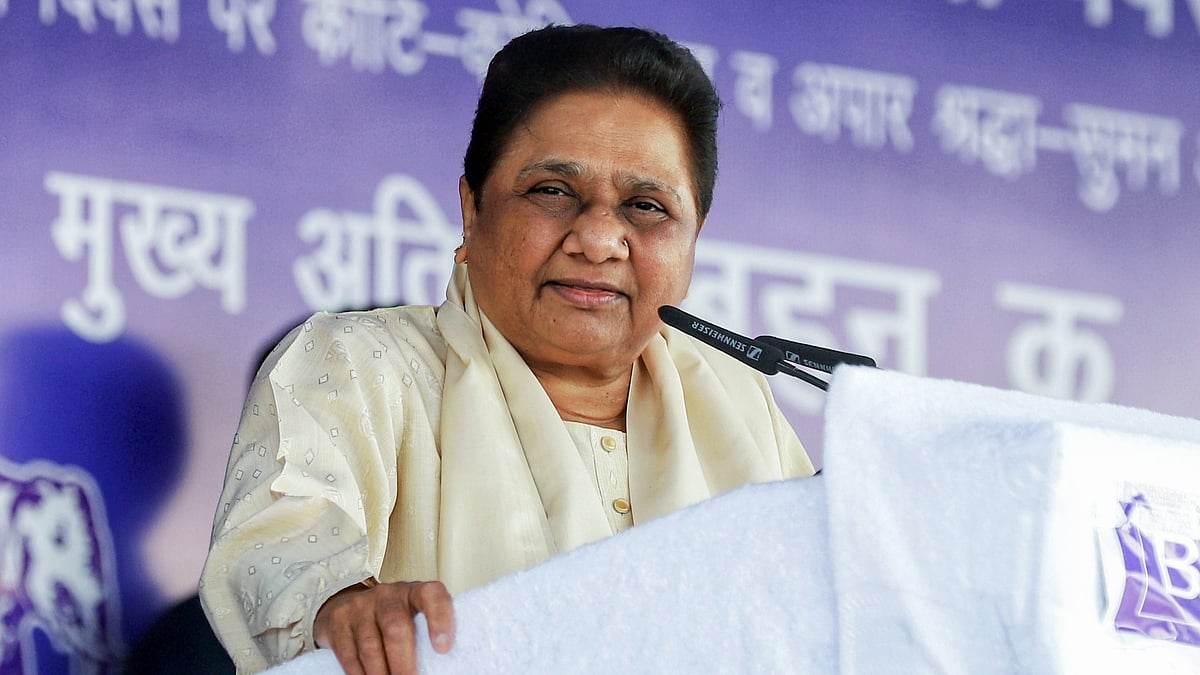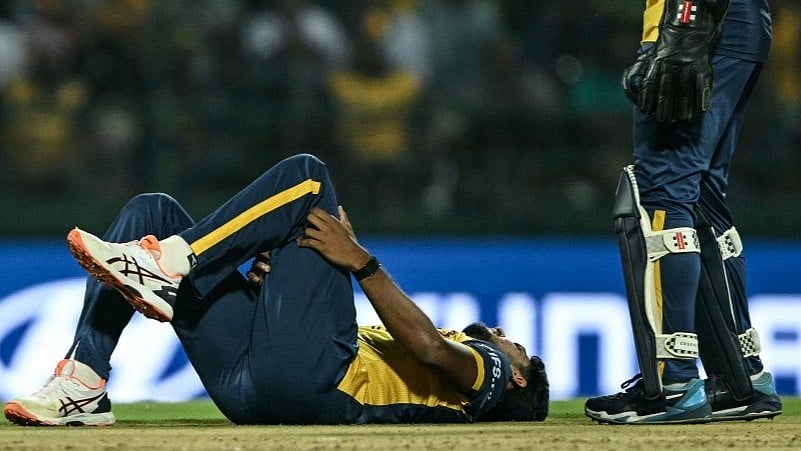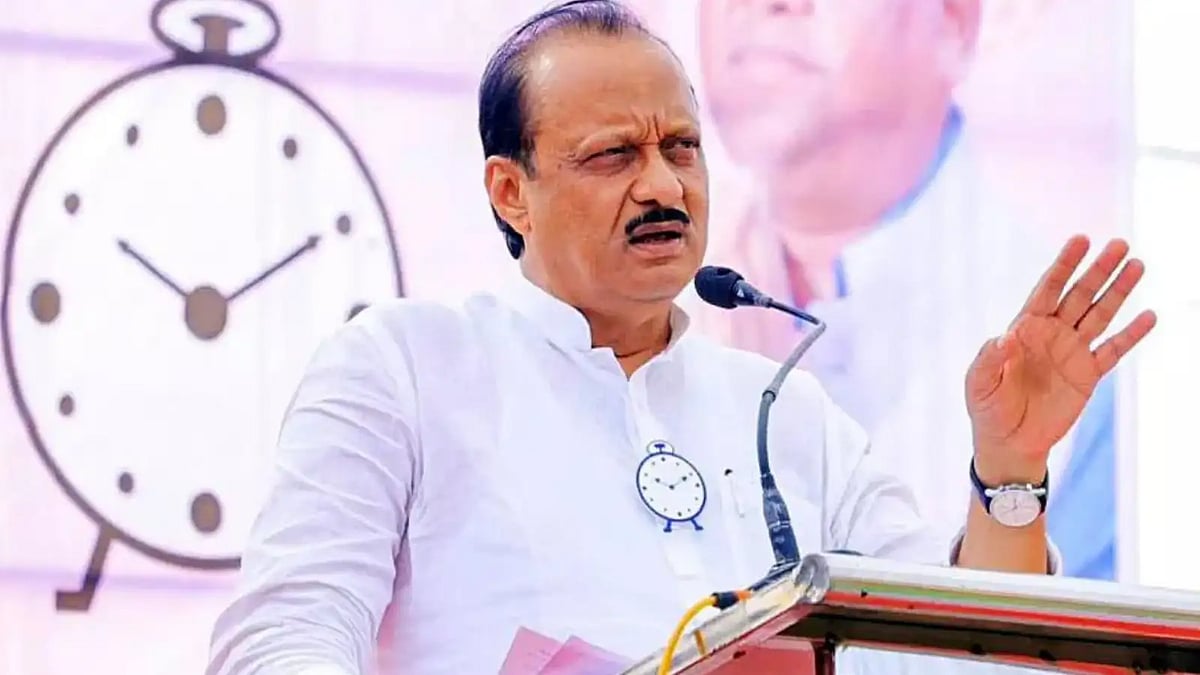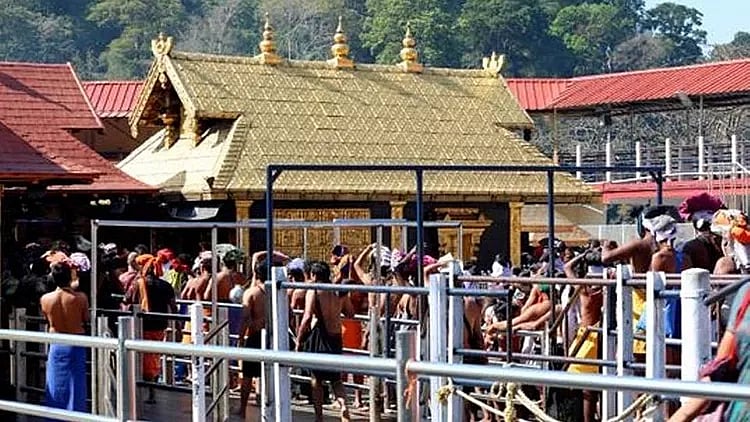Decades ago, when I was a college student in Delhi, the presence of girls in the classroom and of women in the staff room was negligible. In my prestigious commerce college, my class was marked by one distinct factor: all the girls in the entire first year, about 14 of them, were in my class. I was constantly teased about it by my friends in other classes. Of course, girls and boys sat on different sides of the classroom. They rarely talked to one another except on rare, academic topics and there was no pairing at all.
As for the teaching and non-teaching staff, there were no women at all. In my postgraduate class, the situation changed dramatically simply because that was the common, one university-level class and, therefore, all young men and women had to be together. The gender divide remained visible but was considerably diluted — there were so many women now. There was occasional friendship, talking together and rare pairing. The college itself was full of women from other disciplines, sociology (also derisively called ‘Sushilaji’ because there were almost no men in that course) and economics was a fair mix of young men and women. The teaching staff across disciplines was still predominantly male though now there were a few women but the non-teaching staff was entirely male again. Though the university of Delhi had its share of young women among students as well as the faculty, they were all mostly in ‘girls only’ colleges.
At that time, we knew nothing about sexual harassment, stalking, the right to consent, gender fluidity and so on. There was no mention of desire itself: it was there, of course (how could it not be with so many young people around!) and there was occasional salacious gossip about a few but sex, in itself, was not something you could talk about, you were supposed to talk about: we were all uniformly ill-informed and sexually repressed. In those pre-DVD, pre-internet days, even pornography was difficult to get hold of. I still remember that, occasionally, some students would bring copies of ‘Playboy’ magazine to the college, from their foreign relatives (perhaps), and they would be much sought after for a while!
A few years later, when I began to teach in a commerce college in Bombay, it was different. There were a lot more girl students in the college and there were a few women teachers in the faculty as well. Over the years the gender ratio dramatically shifted even more and by the time I left teaching, more than three decades later, not only girls were a majority of students in the college but in the teaching staff as well, almost all the new teachers were women (we joked about the need for a male quota in the teaching staff!). In fact, sometimes, in the classroom, there were only young women students and me, the male teacher. The non-teaching staff also began to have a significant presence of young women. (These trends continue.
There had also been a shift in political and social consciousness during these decades with the emergence of women’s movement, feminist organisations and the rise of sexual awareness and the right to safe sex, the right to consent and so on. There was also increasing awareness regarding the complexity of gender itself, the gender fluidity debates, the recognition of sexual minorities and the LGBT groups and their rights. The UGC as well as university and college administrations were forced to respond to these changes in bits and pieces from time to time. Under pressure, the UGC even drafted regulations to deal with frequent complaints of sexual harassment in the campus. The implementation of these regulations has been far from uniform, or enthusiastic, across institutions but they are there.
In Maharashtra, specifically, in the University of Mumbai, women’s development cells, in colleges and at the university level, were set up primarily to deal with cases of sexual harassment in colleges. While not everyone was enthusiastic — some were visibly very reluctant and some used these platform to warn their students against getting sexually involved — quite a few teachers and WDCs used the platform creatively to open up discussion around sex as legitimate desire, the role of consent in sexual relationships and how to deal with its fallout among students and faculty. They recognised that the young students needed to know about how to have a good sexual relationship. In other words, on the whole, the taboos around sex were slowly and steadily diluting.
However, sadly and alarmingly, in the last few years, there has been a steady and visible reversal in social and political responses to cases of sexual harassment and other related issues in institutions of higher education and elsewhere. A new kind of sexual and ‘moral’ puritanism has become increasingly popular. Many politically affiliated and ‘culturally’ motivated students’ groups and other self-styled ‘moral’ crusaders, comprising largely men but also some women, have become increasingly more aggressive, abusive and violent against not only inter-caste and inter-religious consensual sexual relationships but also other socially ‘deviant’ sexual relationships in general, in the campus (and elsewhere). In most cases, college and university administrators have been either mute witnesses to and/or accomplices in such attacks.
In such a scenario, there is an urgent need to have sustained and widespread protests against these trends, not only by students and teachers but also by others to protect students’ hard-earned and still fragile sexual rights and freedoms in our colleges and universities.
Vrijendra taught in a Mumbai college for more than 30 years, and has been associated with democratic rights groups in the city











